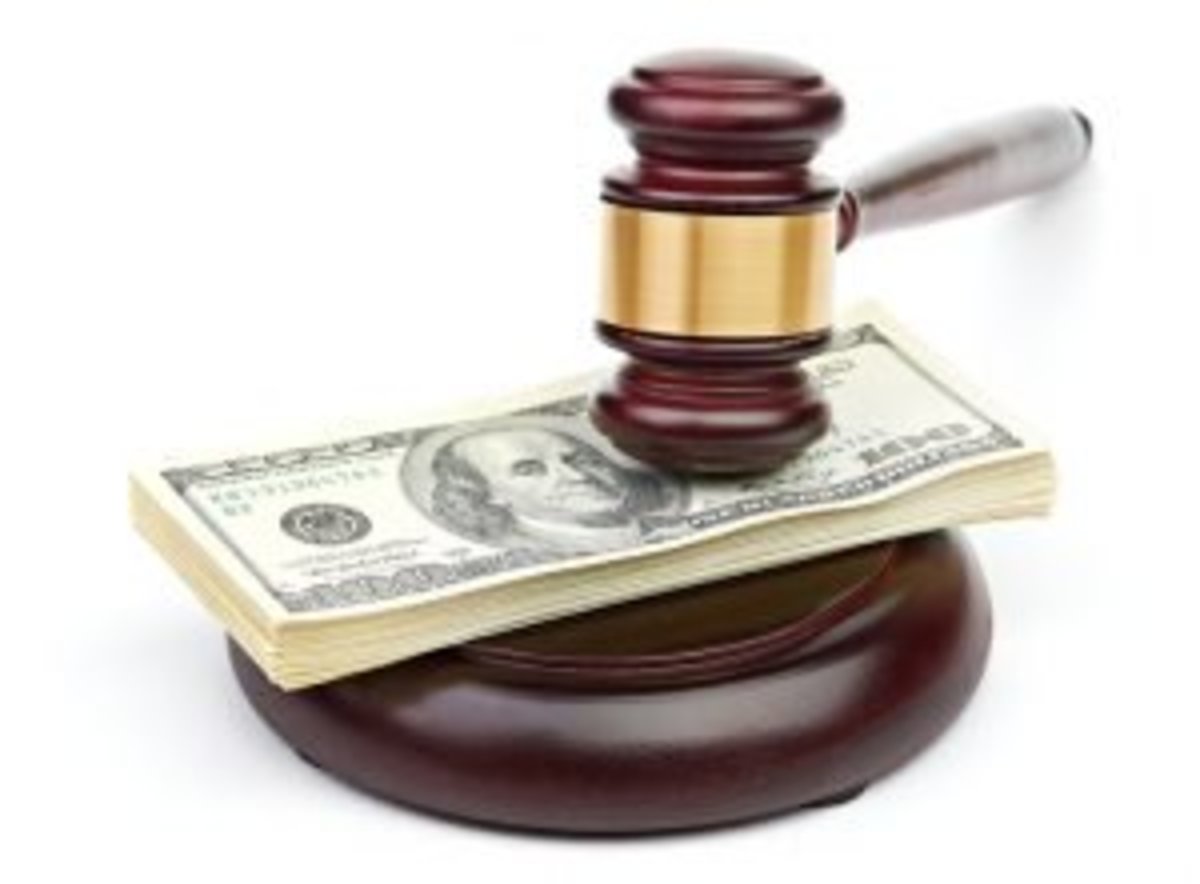Given the importance of well-being to the productivity and success of attorneys and the firms they work for, it’s no wonder that Biglaw is increasingly keen on offering programs focused on well-being. But how do you get overscheduled, overstressed attorneys to make time to attend?
While the benefits of a well-being program speak for themselves, offering CLE credit can be an excellent incentive for attendance. Professional development teams must tread carefully, however: it can be tricky to get well-being programs accredited. Here are 10 tips to consider as you develop yours:
- Ensure that your learning objectives support attorney well-being. Keep in mind that well-being CLE programs must clearly be about attorney well-being or well-being in the legal profession. Program content can’t be about general (or client) well-being.
- Focus on awareness and recognition of substance abuse or other well-being issues that impair an attorney’s ability to perform legal services with competence — and be sure to address the consequences of attorney mental health issues. Your examples should relate specifically to law firms, the practice of law, and attorneys.
- Well-being, mental health, and substance abuse awareness topics qualify for professional responsibility credit in many states. For accreditation purposes, tie your discussions to rules of professional conduct, raising issues that may implicate attorneys’ potential ethical obligations.
- Reference the ABA’s National Task Force on Lawyer Well-Being. The Task Force’s 2017 report identifies lawyer well-being as “a continual process of seeking to thrive in each dimension of one’s life: Emotional, Occupational, Intellectual, Spiritual, Physical, and Social.” On its website, you can find definitions of these dimensions as well as resources and recommendations.
- Review the benefits of well-being programs. Discuss where and how to find available help (such as Lawyer Assistance Programs (LAP)), treatment options, and the benefits, success stories, and examples of addressing well-being challenges. Discuss metrics and best practices to measure the effectiveness of well-being programs, and how to incentivize attorneys and professional staff to attend these programs. (Hint: Credit is a great incentive!)
- While practicing mindfulness is always recommended, be aware that participants shouldn’t be asked to meditate or perform other treatments or exercises during the accredited portion of your program. States will not approve meditation sessions; some, like California, explicitly disqualify it.
- On that note, make your program more about the topic of well-being, not the treatment of attorneys’ issues. Instructors aren’t qualified to dispense treatment, and CLE regulators aren’t in the position to evaluate it.
- Make sure all your program materials also support attorney well-being. Regulators frequently ask to see the materials for these programs.
- Of course, you should always read your state’s CLE rules — regulators will take different stances on well-being programs. Look to other well-being programs that have been approved for examples.
- Still not sure? Call your state’s regulators and ask for guidance!
PLI is recognizing November as Professional Development Appreciation Month, with the free webcasts of the Empowering Professional Development Series 2020: Well-Being in the Legal Industry. Additional PLI well-being programs include the upcoming live webcast Taking Control of Your Well-Being: Mental Health and Wellness for Attorneys and the on-demand roundtable programs Mental Health and Wellness for Litigators and Addressing the Perceived Stigma — A Discussion About Attorney Mental Health.
 Practising Law Institute is a nonprofit learning organization dedicated to keeping attorneys and other professionals at the forefront of knowledge and expertise. PLI is chartered by the Regents of the University of the State of New York and was founded in 1933 by Harold P. Seligson. The organization provides the highest quality, accredited, continuing legal and professional education programs in a variety of formats which are delivered by more than 4,000 volunteer faculty including prominent lawyers, judges, investment bankers, accountants, corporate counsel, and U.S. and international government regulators. PLI publishes a comprehensive library of Treatises, Course Handbooks, Answer Books and Journals also available through the PLI PLUS online platform. The essence of PLI’s mission is its commitment to the pro bono community. View PLI’s upcoming live webcasts here.
Practising Law Institute is a nonprofit learning organization dedicated to keeping attorneys and other professionals at the forefront of knowledge and expertise. PLI is chartered by the Regents of the University of the State of New York and was founded in 1933 by Harold P. Seligson. The organization provides the highest quality, accredited, continuing legal and professional education programs in a variety of formats which are delivered by more than 4,000 volunteer faculty including prominent lawyers, judges, investment bankers, accountants, corporate counsel, and U.S. and international government regulators. PLI publishes a comprehensive library of Treatises, Course Handbooks, Answer Books and Journals also available through the PLI PLUS online platform. The essence of PLI’s mission is its commitment to the pro bono community. View PLI’s upcoming live webcasts here.







 Kathryn Rubino is a Senior Editor at Above the Law, and host of
Kathryn Rubino is a Senior Editor at Above the Law, and host of 






 Jordan Rothman is a partner of
Jordan Rothman is a partner of 
